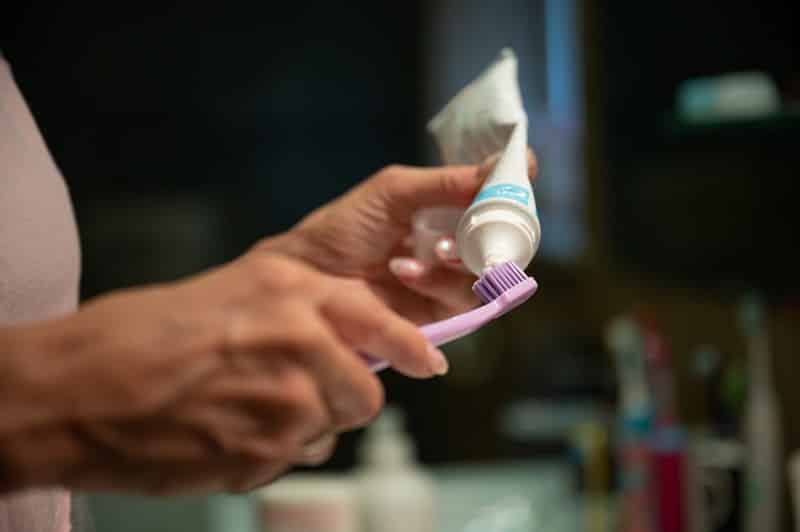Cavities are a common problem across the human lifespan. They do not only affect children but also teens, adults, and seniors. For example, the CDC says more than half of children aged 6 to 8 have a cavity in their primary teeth. It is about the same percentage for adolescents aged 12 to 19 with at least one cavity in their permanent teeth. Among adults (20 years or older), the CDC says that around 90% of them have at least one dental cavity.
Cavities are not completely inevitable, though. Some are more prone to developing cavities than others, but it does not mean avoiding cavity problems is impossible. Anyone can achieve healthy teeth and gums with twice-a-day teeth brushing, flossing, and regular dentist visits. No special tools and products are required besides the common oral hygiene products.
However, some may have started to observe proper oral care habits too late that they have already developed cavities. The early onset of cavities can be resolved with the help of home remedies. Here’s a rundown of some of the best home remedies to consider.
Brushing with Fluoride-Containing Toothpaste

Fluoride is a vital mineral in tooth decay prevention. It has been proven to be highly effective in that many parts of the world have drinking water fluoridation programs. They add the mineral to their drinking water sources to ensure that consumers have enough fluoride exposure to help address widespread dental health issues. The CDC considers water fluoridation as one of the greatest public health achievements of the 20th Century.
However, there are instances when the fluoride content in drinking water is too low to affect cavity prevention significantly and damage enamel restoration. Many also have reduced exposure to fluoride-treated water because they mostly consume bottled water and other beverages. As such, it is essential to brush your teeth using fluoride-fortified toothpaste.
Fluoride-containing toothpastes are proven to be effective in controlling dental caries. The United States National Institute of Dental and Craniofacial Research says fluoride can even reverse the early stage of tooth decay. Too much fluoride has unwanted side effects, though. A New York University study shows that too much of this compound can lead to defects in the dental enamel, calcium signaling alteration, and changes in mitochondrial function.










